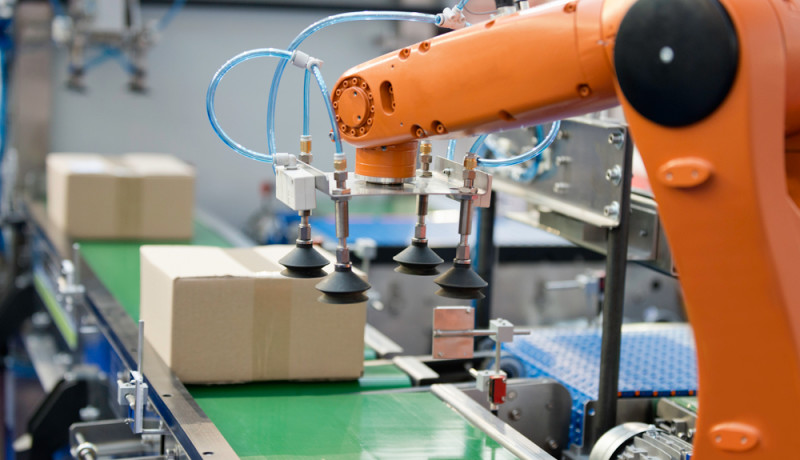Robots, will they take our jobs?
February 05, 2019
on
on

Increasingly it seems as though the rapid pace of progress in technology will make humans redundant. Automation, internetworked Industry 4.0 robots and artificial intelligence appear to move at a pace so rapid, we can be forgiven for feeling that we will be left with the final task of turning the lights off at our place of work. But is this really the case?
With technological advances come predications, ideas and thoughts designed to envisage what the medium to long-term future holds. Society has been here many times before. As our offices were computerised in the 1980s, a swathe of jobs were predicted to disappear and paper was soon to become superfluous. Now well into the 21st century, employers are still employing people and desks remain awash with paper.
Predictions tend to highlight a positive or negative extreme. Yes, computers made some roles redundant, but entire new roles in IT and software were created to replace them. And paper usage is definitely reduced, rather than having been consigned to the bin of history. So, taking this slightly more pragmatic view, what jobs will robots really be taking, if any at all?
With technological advances come predications, ideas and thoughts designed to envisage what the medium to long-term future holds. Society has been here many times before. As our offices were computerised in the 1980s, a swathe of jobs were predicted to disappear and paper was soon to become superfluous. Now well into the 21st century, employers are still employing people and desks remain awash with paper.
Predictions tend to highlight a positive or negative extreme. Yes, computers made some roles redundant, but entire new roles in IT and software were created to replace them. And paper usage is definitely reduced, rather than having been consigned to the bin of history. So, taking this slightly more pragmatic view, what jobs will robots really be taking, if any at all?
Read full article
Hide full article


Discussion (0 comments)